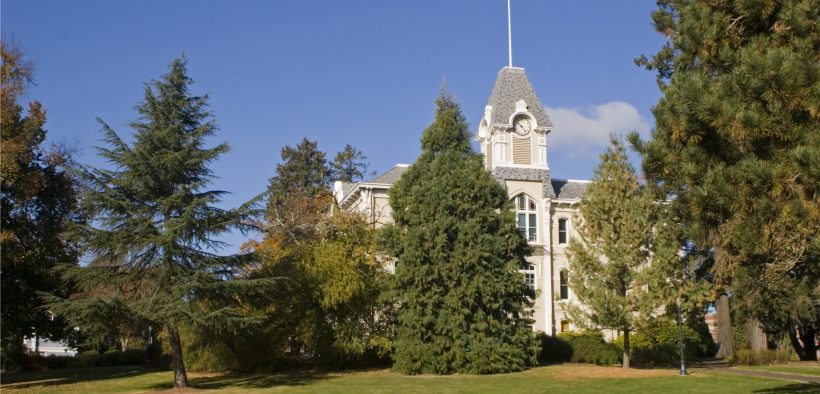Summer is a great time to sit outside. I remember when we were building a new patio. The contractors delivered a huge pile of rocks to our front yard. Big stones. Midsize stones. Some multihued and no larger than hefty pebbles. The patio was going to be at the back, and that massive pile of material, each piece important, had to be moved. It would have been great to move them all in one shot or in substantial consignments, but my exhausted self could not face the task. In many ways this is similar to the challenge encountered by educators this summer as we anticipate preparing for fall classes.
One Rock at a Time: Facing Fall Course Planning

- Tags: course design, COVID-19
Related Articles
I have two loves: teaching and learning. Although I love them for different reasons, I’ve been passionate about...
Active learning is a mostly meaningless educational buzzword. It’s a feel-good, intuitively popular term that indicates concern for...
Perhaps the earliest introduction a student has with a course is the syllabus as it’s generally the first...
Generative AI allows instructors to create interactive, self-directed review activities for their courses. The beauty of these activities...
I’ve often felt that a teacher’s life is suspended, Janus-like, between past experiences and future hopes; it’s only...
I teach first-year writing at a small liberal arts college, and on the first day of class, I...
Proponents of rubrics champion them as a means of ensuring consistency in grading, not only between students within...







